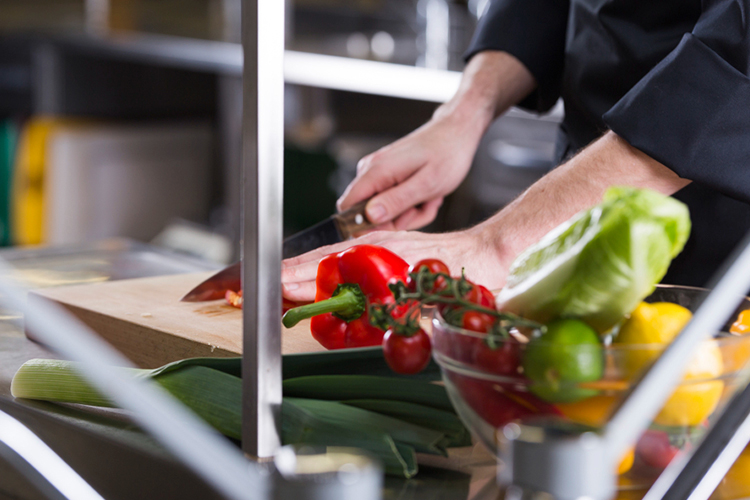Ensuring food safety is paramount in the food service industry. Mistakes made by food handlers can lead to foodborne illnesses, tarnish a business’s reputation, and even result in legal consequences. Here are some common food handler mistakes and tips on how to avoid them.

1. Improper Handwashing
Mistake: Not washing hands properly or frequently enough can spread contaminants from hands to food. How to Avoid:
- Wash hands with soap and warm water for at least 20 seconds before and after handling food, after using the restroom, touching garbage, or handling raw meat.
- Use hand sanitizers as a supplementary measure but not as a replacement for proper handwashing.
2. Cross-Contamination
Mistake: Using the same cutting boards, utensils, or surfaces for raw and cooked foods without proper cleaning can transfer harmful bacteria. How to Avoid:
- Use separate cutting boards and utensils for raw meat and ready-to-eat foods.
- Thoroughly wash and sanitize all surfaces and tools after each use.
3. Incorrect Food Storage
Mistake: Storing food at incorrect temperatures or in improper containers can lead to spoilage and bacterial growth. How to Avoid:
- Store perishable items at appropriate temperatures: below 40°F (4°C) for refrigeration and below 0°F (-18°C) for freezing.
- Use airtight containers to store food and prevent contamination.
- Label and date all stored food to ensure proper rotation and timely usage.
4. Poor Personal Hygiene
Mistake: Food handlers not maintaining good personal hygiene, such as wearing dirty uniforms or not covering hair, can introduce contaminants. How to Avoid:
- Wear clean uniforms, aprons, and appropriate hair coverings.
- Avoid wearing jewelry that can harbor bacteria and contaminate food.
- Keep nails short and clean, and avoid artificial nails and nail polish.
5. Inadequate Cooking Temperatures
Mistake: Not cooking food to the correct internal temperature can leave harmful bacteria alive. How to Avoid:
- Use a food thermometer to ensure foods reach the safe minimum internal temperature (e.g., 165°F/74°C for poultry, 160°F/71°C for ground meats).
- Avoid guessing and always verify temperatures with a calibrated thermometer.
6. Poor Cooling Practices
Mistake: Allowing hot foods to cool slowly at room temperature can promote bacterial growth. How to Avoid:
- Cool hot foods rapidly by dividing them into smaller portions and placing them in shallow containers.
- Use ice baths or refrigeration to quickly lower the temperature of hot foods.
7. Ignoring Food Allergens
Mistake: Failing to recognize and prevent cross-contact with allergens can result in severe allergic reactions. How to Avoid:
- Be aware of the most common food allergens (e.g., peanuts, tree nuts, dairy, eggs, soy, wheat, fish, and shellfish).
- Use separate equipment and utensils for allergen-free food preparation.
- Clearly label allergen-containing foods and communicate any changes in recipes to all staff.
8. Not Following FIFO (First In, First Out)
Mistake: Not using the oldest stock first can lead to spoilage and waste. How to Avoid:
- Implement the FIFO method to ensure older inventory is used before new stock.
- Regularly check expiration dates and rotate stock accordingly.
9. Inadequate Training
Mistake: Insufficient training on food safety practices can lead to numerous violations and hazards. How to Avoid:
- Provide comprehensive training for all food handlers, including regular refreshers and updates on food safety standards.
- Encourage ongoing education and certification in food handling and safety.
Preventing common food handler mistakes requires vigilance, proper training, and adherence to established food safety practices. By addressing these common errors and implementing corrective measures, food handlers can significantly reduce the risk of foodborne illnesses and ensure a safe dining experience for all customers.Take the Food Handler’s course online and get your permit today!

